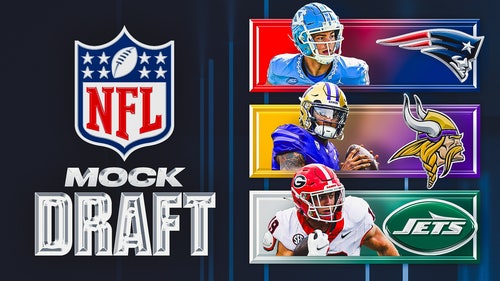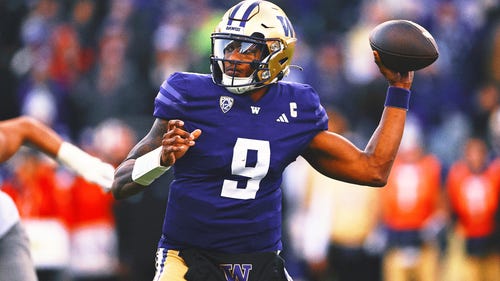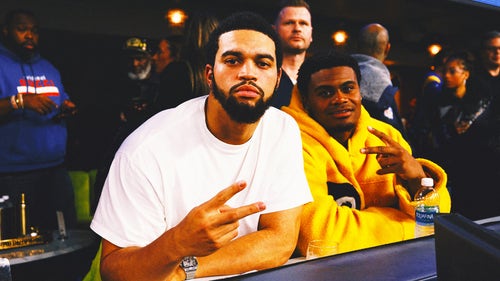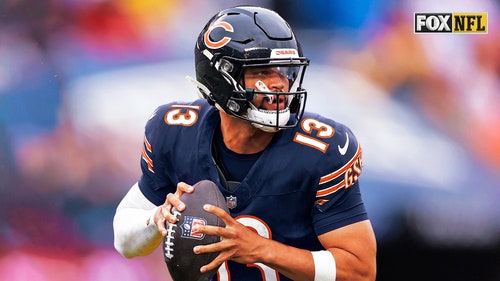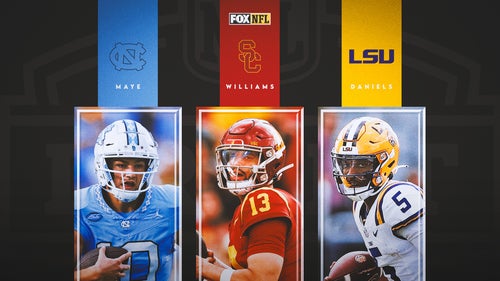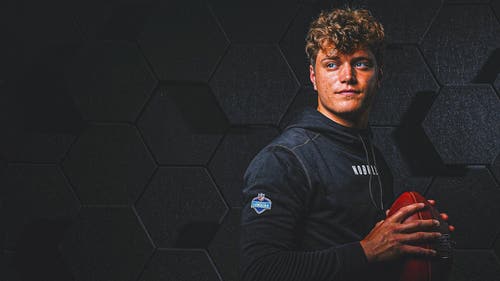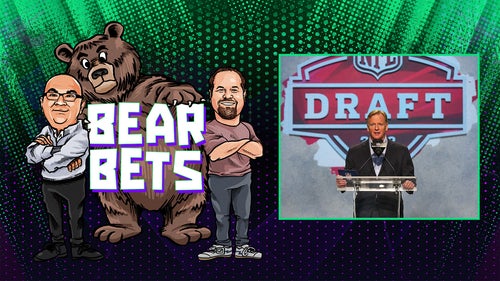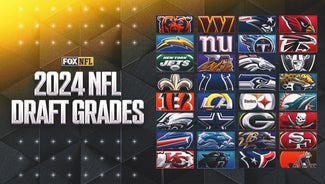
A football life full of hazing, pranks
David Byrd was a star high school athlete in upstate New York, participating in both football and track. He received a full athletic scholarship to Syracuse University, earning a BA while lettering in both sports. He went on to sign contracts with both the Buffalo Bills and Seattle Seahawks, as well as the BC Lions of the Canadian Football League. Injury forced him to step away from football and he entered into the world of personal training as FastFeetFitness and Wellness was born.
Summer 1991: I remember attending captains’ practice as I headed into my freshman year of high school like it was yesterday. During my first day, one of the captains met me in the doorway leading from the varsity locker room to the weight room. I recall him telling me I had a nice “lint collector,” referring to my high top fade, as he added references to the "N" word throughout his rant. I choose not to tell my parents. I choose not to tell the coaches, nor any of the other black guys on the team.
Fall 1994: I am a high school senior. A teammate defecates onto the lid of a Thermos container. He puts it into another teammate’s locker for him to find after practice. This was when the locker room was most populated, and ensured the highest level of humiliation.
August 1995: I earned an athletic scholarship to Syracuse University. Fellow freshmen and I were on campus for three fun-filled days of triple sessions that did not include upperclassmen.
During freshman camp, I noticed a mentally challenged young man who was a huge fan of the university and its athletics and wanted to be as up-close and personal to our college football world as possible.
Once the upperclassmen reported, the pranks in the dorms began eliminating any possibility of sleep or peace of mind for us freshmen. I expected that. What I found most interesting was the antagonistic behavior directed toward this young man.
I was told he had been around the football team for years and had always been teased by the players. I was also informed that the ribbing made him feel like one of the guys, despite how angry it made him in that moment.
Years later, a young man who was part of the incoming freshmen class was referred to as "field hand" because of his tall stature, dark skin and extreme muscular build — implying that he would have made one heck of a slave. During meals, I vividly remember eruptions of laughter from the guys at training table, gesturing as well as making more pointed jokes about his physical appearance.
May 2000: I am a rookie in my first NFL minicamp with the Buffalo Bills. As our defense met, I remember a few guys referring to one individual as "S---y Ray." The guy was given this nickname because of his facial features, simply being an ugly guy.
Summer of 2001: I am on my way to Scotland for NFL Europe. I soon receive a third degree separation of my AC joint and immediately flew to Birmingham, Al., for rehabilitation at HealthSouth with James Andrews and his staff.
While there, I vividly remember Brendon Ayanbadejo, who would go on to be a Super Bowl champion, special teams Pro Bowler, and current Equal Rights Advocate, being referred to as “feminine” while the constant whispers questioning sexuality surrounded him.
Once my rehab was complete, I was on my way to Germany to finish the season in Berlin.
There, I was fortunate enough to become teammates and friends with a now-retired player, Wade Davis, who recently discussed his homosexuality before a nationally televised audience. During his playing days, he was well respected in the locker room, nevertheless I do recall whispers about his sexuality.
These are examples of what I experienced or observed during my years on the gridiron. There were countless situations that defied all socially acceptable civility.
I must admit, though, in some cases they did help to establish camaraderie and a sense of trust within a volatile profession. To put this into perspective, if non-football players must have thick skin within their profession, those who choose to play “America’s Game” must have skin made of hippopotamus armor.
There is a certain level of understanding football culture that cannot be attained unless one has been intimately involved at a high level on a consistent basis for many years.
Outsiders may be impressed by Richie Incognito running around a bar like a wild bull, by his strength or by his locker-room antics.
To others in that locker room and to peers around the league such actions and weight room numbers hold no significance. Football is a game that can weed out its weak.
If there are individuals who can endure the rigors that naturally are a part of the game, your teammates will undoubtedly finish the job. Everybody can recall Cortland Finnegan and Andre Johnson’s on-field confrontation a few years back. Finnegan was overmatched but did not back down. If he had, he would have lost peer respect.
I often refer to the brain as the strongest muscle in the body. The brain is anatomically an organ. Thus, if the mind is weak, the body is weak. To be a football player, specifically on the professional level, physical and mental weakness is blood in the water with a frenzy of sharks waiting to feed on their own.
For non-players, understanding the context of friendships formed within the confines of major college or professional sports is impossible.
To be politically correct is the expected societal norm, but football has all the inside signs of a secret society. Once rapport and trust are established, there are actions that seem taboo to outsiders but are readily accepted within the football fraternity.
On the other hand, there are also other actions that can be detrimental and divide a locker room if not immediately handled.
In both cases, the code is to keep the details in house and deal with the situation as professionals. Players are conditioned to think and react in a way that is the complete opposite of what is politically correct.
We humans are animals, with animal instincts and animal characteristics. There should be no action by any human that should come as a surprise. There should especially be no shock and awe when your "teammate" or "brother" does something outside of the box to challenge your will in order to ensure a roster spot or to ensure strength among the unit.
Professional sports is a business first and foremost — one which often defies logic in defining what is acceptable and what is not in terms of pranks and hazing.
There is a history of this tradition, some that damages the psyche and some that affects the morale of the team. What is right is often clouded with the need and desire to win.






































































































































